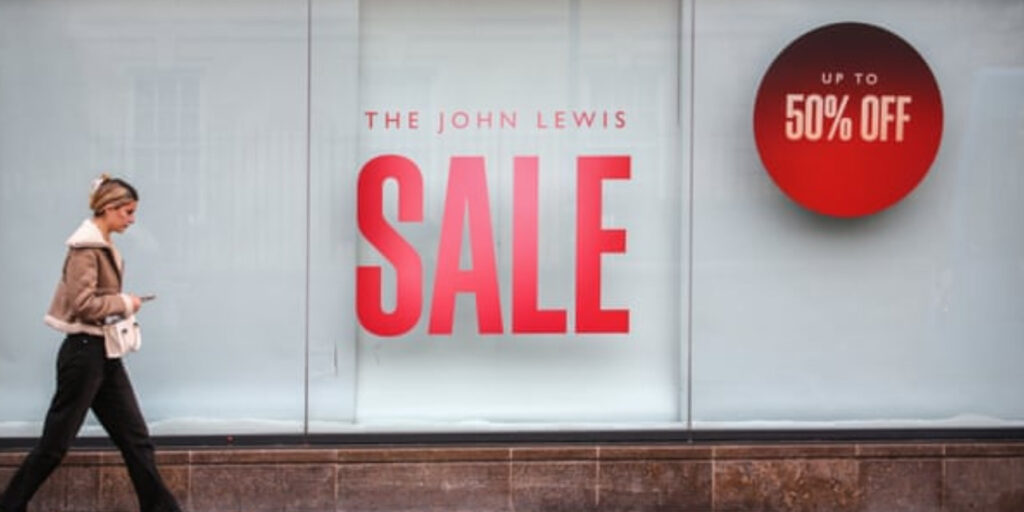Over half of UK businesses plan to increase their prices within the next three months, according to a survey revealing that confidence among British firms has plunged to its lowest point since the political turbulence of Liz Truss’s tenure as prime minister.
Widespread Price Hikes Expected
A poll conducted by the British Chambers of Commerce (BCC) of 4,800 businesses found that 55% anticipate raising prices by April, a significant rise from 39% in a similar survey during the latter half of last year.
The survey also highlighted growing anxiety over taxation, particularly following the government’s October budget, which aimed to generate £40 billion in additional revenue, including £25 billion from higher employer national insurance contributions.
The measures have sparked sharp criticism from business groups, though Chancellor Rachel Reeves defended the plan, citing the economic challenges left by the previous Conservative administration and the need for investment in public services like the NHS.
Tax Increases Weigh on Businesses
The budget’s centrepiece—the hike in employer national insurance contributions—has drawn widespread concern, as it impacts nearly all businesses regardless of profitability. The BCC survey revealed that 63% of firms now list taxation as a key concern, up from 48% three months earlier.
Shevaun Haviland, the BCC’s director general, described the findings as troubling:
“The worrying reverberations of the budget are clear to see in our survey data. Business confidence has slumped in a pressure cooker of rising costs and taxes. Firms of all shapes and sizes are telling us the national insurance hike is particularly damaging.”
Haviland noted that businesses are scaling back investments and expect to increase prices in the coming months as a direct result of the tax burden.
Confidence Levels and Economic Outlook
The BCC’s confidence index, which measures whether firms expect turnover to grow over the next year, saw a notable decline, falling from 56% to 49%.
Meanwhile, financial markets are anticipating steep cuts to interest rates by the Bank of England later this year. However, the Bank has signalled that inflationary pressures in the UK economy remain a concern.
In its latest assessment, the Bank highlighted the impact of the budget on economic growth projections. It also warned of uncertainties in global trade as Donald Trump prepares to begin his second term as US president.
Economists have raised alarms over potential global economic repercussions, particularly with the looming threat of steep tariffs on US imports.
A Bleak Economic Climate
The Labour Party, under Keir Starmer, has pledged to focus on GDP growth through strategic investments, but the government has faced criticism for the lack of tangible economic improvement in the six months since taking office.
As businesses navigate the dual challenges of rising costs and higher taxes, confidence in the UK’s economic recovery remains fragile, with many firms bracing for further turbulence in the months ahead.


